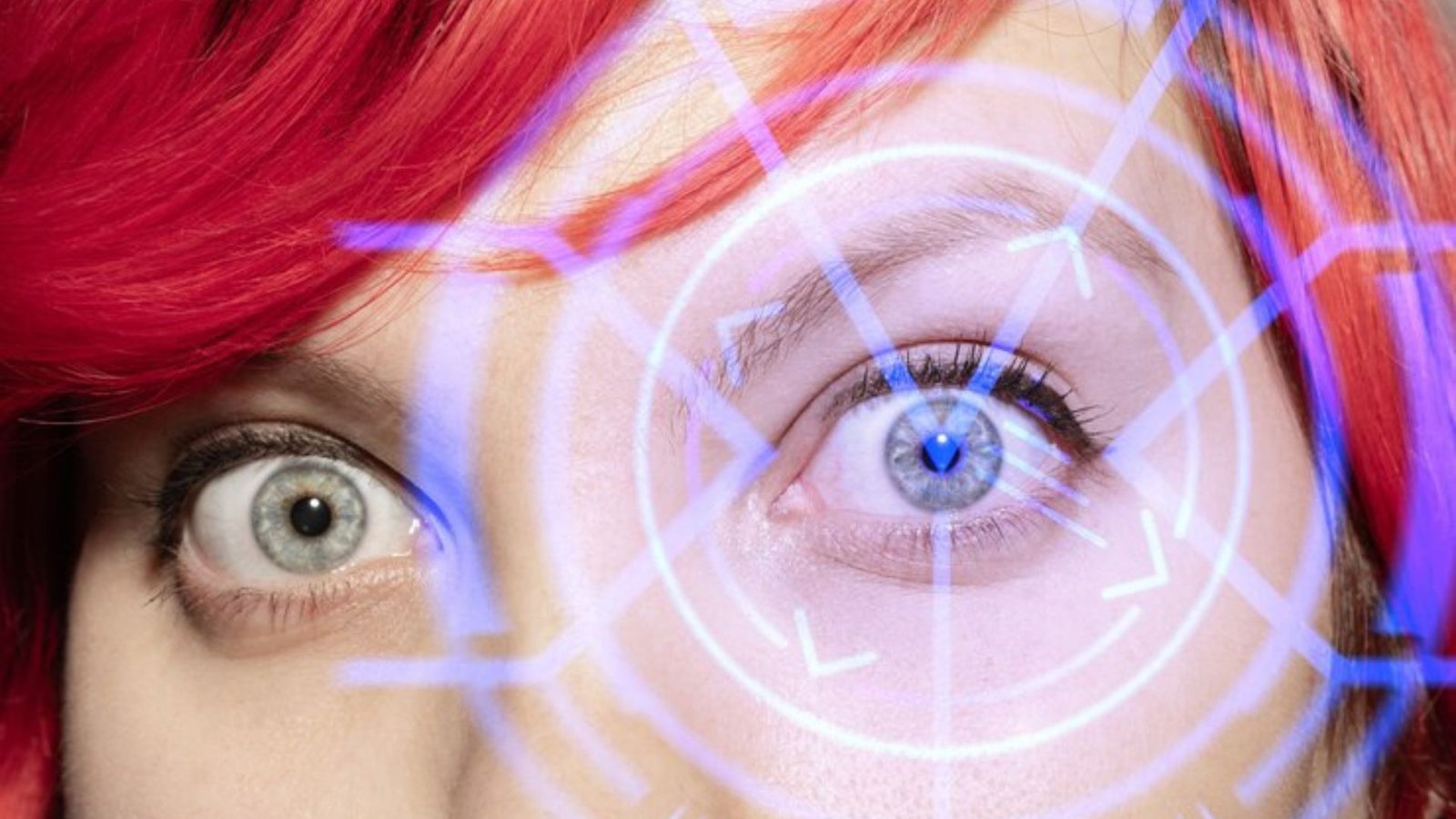Maintaining healthy eyesight is crucial in our fast-paced, screen-dominated world. As we rely increasingly on digital devices, eye care has never been more important. In this article, we’ll explore effective eye care tips that can help you maintain optimal vision, drawing insights from Eye_Rene845, a renowned expert in eye health.
Understanding Eye Health
Importance of Eye Care
Your eyes are vital to your overall well-being. Good vision is essential for daily activities, from reading and driving to enjoying nature. Neglecting eye care can lead to issues such as eye strain, dryness, and long-term conditions like cataracts or macular degeneration.
Common Eye Problems
Understanding common eye problems can help you recognize symptoms early and seek appropriate care. Some prevalent issues include:
Dry Eye Syndrome: Caused by insufficient tears, leading to discomfort and blurred vision.
Digital Eye Strain: Resulting from prolonged screen use, causing fatigue, headaches, and discomfort.
Cataracts: Clouding of the eye’s lens, often related to aging and exposure to UV light.
Glaucoma: A group of conditions that damage the optic nerve, often linked to high eye pressure.
Essential Eye Care Tips
Regular Eye Exams
One of the most effective ways to ensure eye health is to schedule regular eye exams. These check-ups can detect problems early, allowing for timely treatment. The American Academy of Ophthalmology recommends:
Children: Eye exams at six months, three years, and before first grade.
Adults: Comprehensive exams every two years until age 60, and annually after that.
Follow the 20-20-20 Rule
To combat digital eye strain, follow the 20-20-20 rule. Every 20 minutes, take a 20-second break and look at something 20 feet away. This simple practice can reduce eye fatigue and discomfort associated with prolonged screen time.
Proper Lighting
Ensure your workspace is well-lit to minimize glare and strain on your eyes. Use adjustable lighting, and consider using anti-glare screens on your devices. Good lighting reduces the effort your eyes need to make, leading to increased comfort during tasks.
Blink More Often
When focused on screens, people tend to blink less frequently, leading to dry eyes. Make a conscious effort to blink regularly, which helps to keep your eyes moist and comfortable.
Use the Right Prescription
If you wear glasses or contact lenses, ensure your prescription is up to date. Regular visits to your eye care professional can help you maintain optimal vision and comfort.
Nutrition for Eye Health
Eat a Balanced Diet
A well-rounded diet can significantly influence your eye health. Include foods rich in:
Omega-3 Fatty Acids: Found in fish like salmon and sardines, omega-3s help reduce the risk of dry eyes.
Leafy Greens: Spinach and kale are high in lutein and zeaxanthin, antioxidants that may protect against cataracts and macular degeneration.
Fruits and Vegetables: Carrots, sweet potatoes, and bell peppers provide essential vitamins A and C.
Stay Hydrated
Drinking plenty of water is crucial for maintaining moisture in your eyes. Dehydration can lead to dry eyes and discomfort. Aim for at least 8 glasses of water daily, adjusting based on your activity level and climate.
Protecting Your Eyes
Wear Sunglasses
Protecting your eyes from harmful UV rays is essential. Choose sunglasses that block 100% of UVA and UVB rays. Wraparound styles offer additional protection by limiting light from the sides.
Use Safety Eyewear
If you’re engaged in activities that pose a risk to your eyes, such as construction or certain sports, wear appropriate safety eyewear. This can prevent injuries that could lead to vision loss.
Limit Screen Time
While it’s often unavoidable, try to limit your screen time when possible. Engage in offline activities, such as reading a book or going for a walk. This not only helps your eyes but also benefits your overall mental health.
Lifestyle Changes for Better Eye Health
Quit Smoking
Smoking is linked to a higher risk of cataracts, optic nerve damage, and macular degeneration. If you smoke, seek resources to help you quit.
Manage Chronic Conditions
Conditions like diabetes and hypertension can have a significant impact on eye health. Managing these conditions through lifestyle changes and medication can help protect your vision.
Get Enough Sleep
Adequate sleep is essential for eye health. During sleep, your eyes get a chance to rest and repair. Aim for 7-9 hours of quality sleep each night.
Conclusion
Maintaining good eye health is a lifelong commitment. By following these eye care tips from Eye_Rene845, you can help protect your vision and enjoy a better quality of life. Regular eye exams, proper nutrition, and lifestyle changes all play a significant role in ensuring that your eyes remain healthy and functional as you age. Remember, proactive eye care today can lead to brighter tomorrows.
ALSO READ:UndergrowthGameline: Unleash Your Adventure in the Wild
FAQs
How often should I have my eyes examined?
It is recommended that adults have a comprehensive eye exam every two years until age 60, and annually thereafter. Children should have exams at specific milestones.
What are the symptoms of digital eye strain?
Symptoms of digital eye strain include headaches, blurred vision, dry eyes, and difficulty focusing. If you experience these symptoms, consider taking breaks and adjusting your workspace.
Can diet really affect my eyesight?
Yes, a balanced diet rich in antioxidants, omega-3 fatty acids, and vitamins can help protect your eyes and reduce the risk of various eye conditions.
What should I look for in sunglasses?
Choose sunglasses that block 100% of UVA and UVB rays. Polarized lenses can also help reduce glare.
Are there any exercises for eye health?
While there aren’t specific exercises to improve vision, practices like the 20-20-20 rule and regular blinking can help reduce eye strain.











